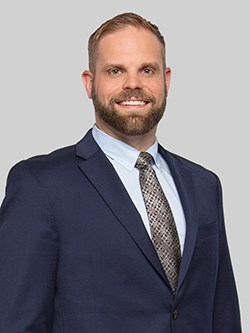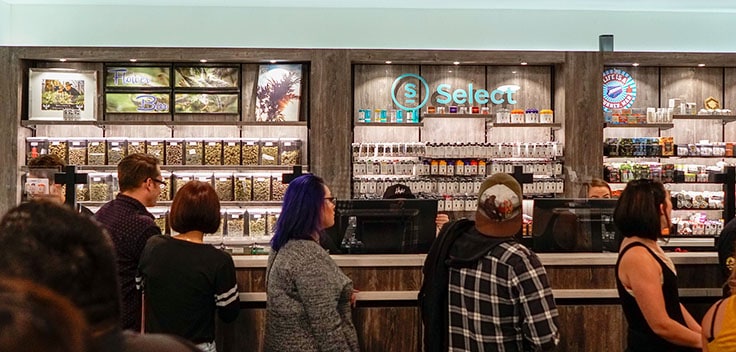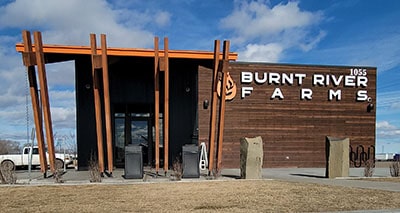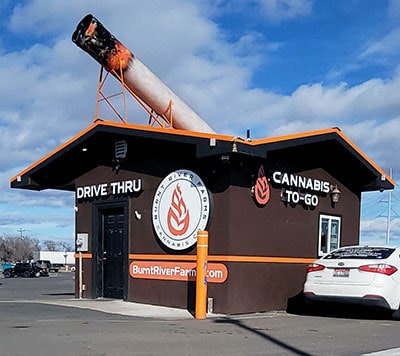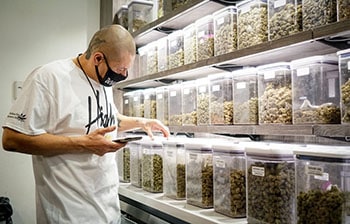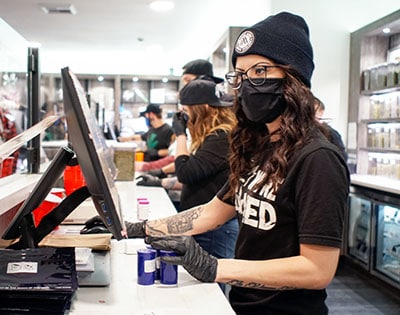Advocacy on behalf of health through cannabis requires representation of commercial cannabis businesses. Legal representation is the advocacy these businesses need. Excellence in the defense of innovation is, therefore, critical to the health of the cannabis industry and the betterment of patients and consumers.
Lawyers who advance this defense must be indefatigable in their work, insightful in their counsel, and invaluable in their results. Those who possess these skills are indispensable to a just marketplace and the cause of justice itself, because we have the right to improve our health.
Since I am not a lawyer, because I hold no brief (pun intended) for the legal profession, I can only speak about this issue with the rigor my training as a scientist demands.
Law firms that promote science, whose clients invest in or promote breakthroughs in science, are integral. Fore xample, Manzuri Law for doing just that: advising cannabis businesses with an interest in helping consumers.
Consider this, then, my case for health, science, and wellness. Consider this my case for lawyers who understand the myriad regulations that govern the cannabis industry too. Consider this case as my appeal to you, reader, as if you were a juror in a trial on the importance of your own health.
This case hinges on a simple fact: that the cannabis industry can neither succeed nor survive without legal guidance.. In turn, what happens to the cannabis industry influences what happens to farmers (growers) and retailers (dispensaries) and all manner of workers. Were the cannabis industry to stop, were sales to cease and storefronts to close, the public would suffer; people would lose access to products that offer palliative or natural care; we would all lose access to our right to care for ourselves.
For these reasons, we need unity among advocates for science, law, health, and economics. Unity begins with our need to reason with the public.
We need to publicize the reasons why cannabis is vital to health and wellness. We need legal reasoning to complement scientific and medical evidence.
Now is the time for lawyers to provide certainty about what these businesses must do, so we can benefit from the newest treatments, the newest remedies, the newest products, and the newest services.
Now is the time for cannabis businesses to prove that their commitment to following the law is equal to their devotion to the laws of science. The two reflect a commitment to the highest standards of accountability and responsibility and reflect a company’s commitment to the furtherance of personal and professional ethics.
This commitment is a prescription for health and wellness, allowing the cannabis industry to flourish and its best products to thrive.
If we look at this commitment for what it is, an effort to reveal how advances in health lead to advances in law or how advances in law lead to advances in health, we should be able to see how the cannabis industry can be a model of strength.
Strong in its values and steadfast in its ideals, the cannabis industry–with the right legal counsel–can inspire us to achieve greatness.
Let us seize this opportunity.
A protégée of the late Willard Libby, the 1960 winner of the Nobel Prize in Chemistry, Michael D. Shaw is a UCLA- and MIT-trained biochemist. He writes about health, science, and public policy, among other things.
Image Credit: Clker-Free-Vector-Images
Image Source: https://pixabay.com/vectors/scales-law-fairness-legal-leverage-297222/



